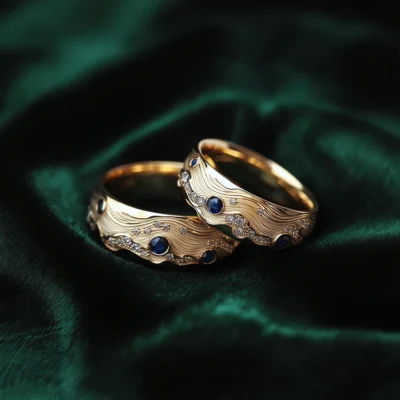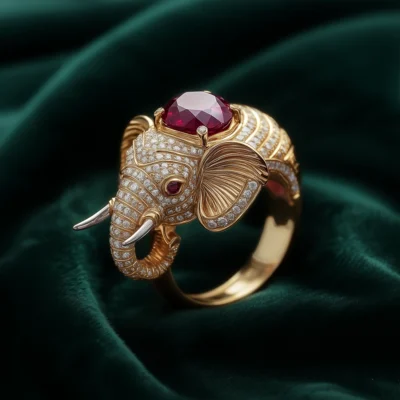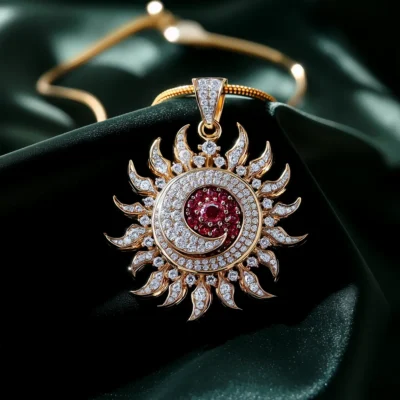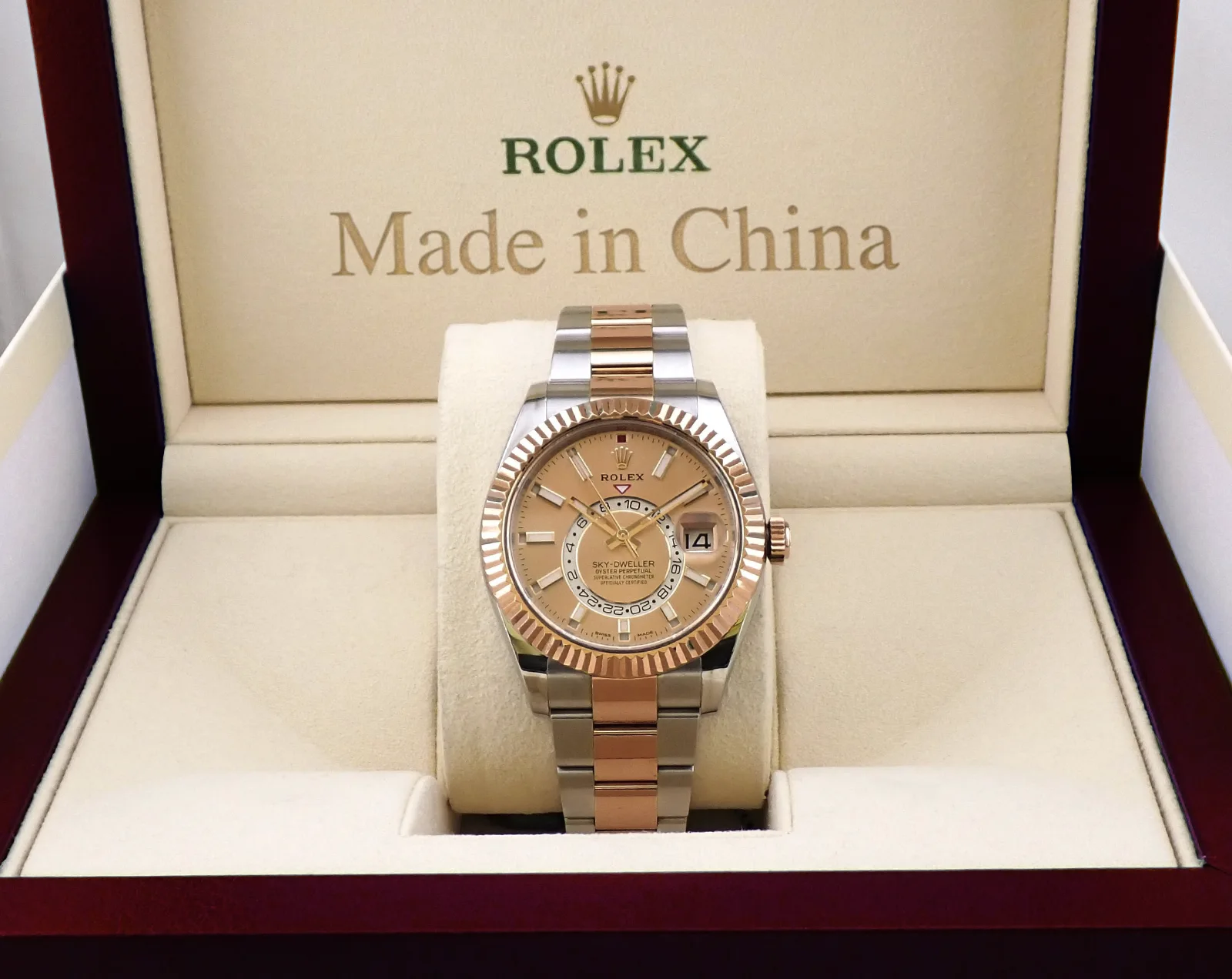A discontent followed the order of District Judge Ada Brown, who, on the 20th of August, overturned the FTC’s ban on noncompete clauses, which had been expected to be implemented on the 4th of September. The ruling was issued in response to a legal challenge brought by the U.S. Chamber of Commerce and Business Roundtable, a group representing CEOs. However, the FTC is not going to give up and think about a potential appeal as the decision does not prevent the agency from pursuing further legal action, according to Victoria Graham, a spokeswoman of an independent U.S. government agency Federal Trade Commission (FTC).
It is known that four states, including California, Minnesota, North Dakota, and Oklahoma, fully prohibit the enforcement of noncompete clauses, meaning employers cannot stop former employees from working for competitors or starting similar businesses. In addition, several other states have partial restrictions on noncompetes.
The radical ban on noncompetes was approved in the spring of this year and included the following points: it was forbidden for companies to prevent their employees from working for competitors and to enforce existing non-compete agreements. If someone thinks that these agreements are not a common thing, we want to offer some statistics – about one in five American workers are bound by a noncompete clause in their employment contracts.
Things get more complicated because of the conflict decision – the Eastern District of Pennsylvania issued a ruling in July in which it finds the FTC had the authority to ban these types of clauses. Taking into account all the uncertainty created by contradictory decisions, the issue has grounds to end up in the U.S. Supreme Court. Considering the current situation, jewelers are suggested to be cautious with new noncompete agreements as the FTC continues to regard them as unreasonable trade restraints. In fact, enforcing new noncompetes could potentially attract attention from the FTC and lead to legal action.



















































